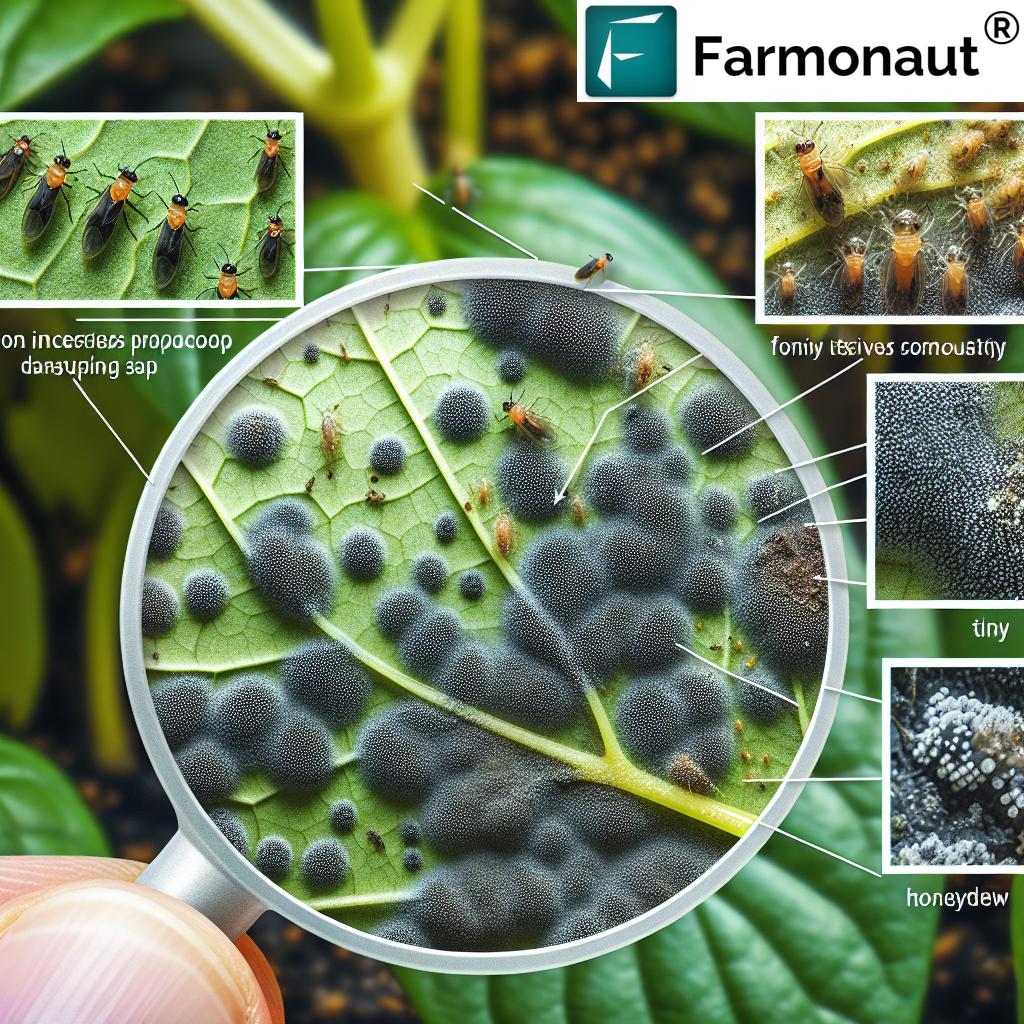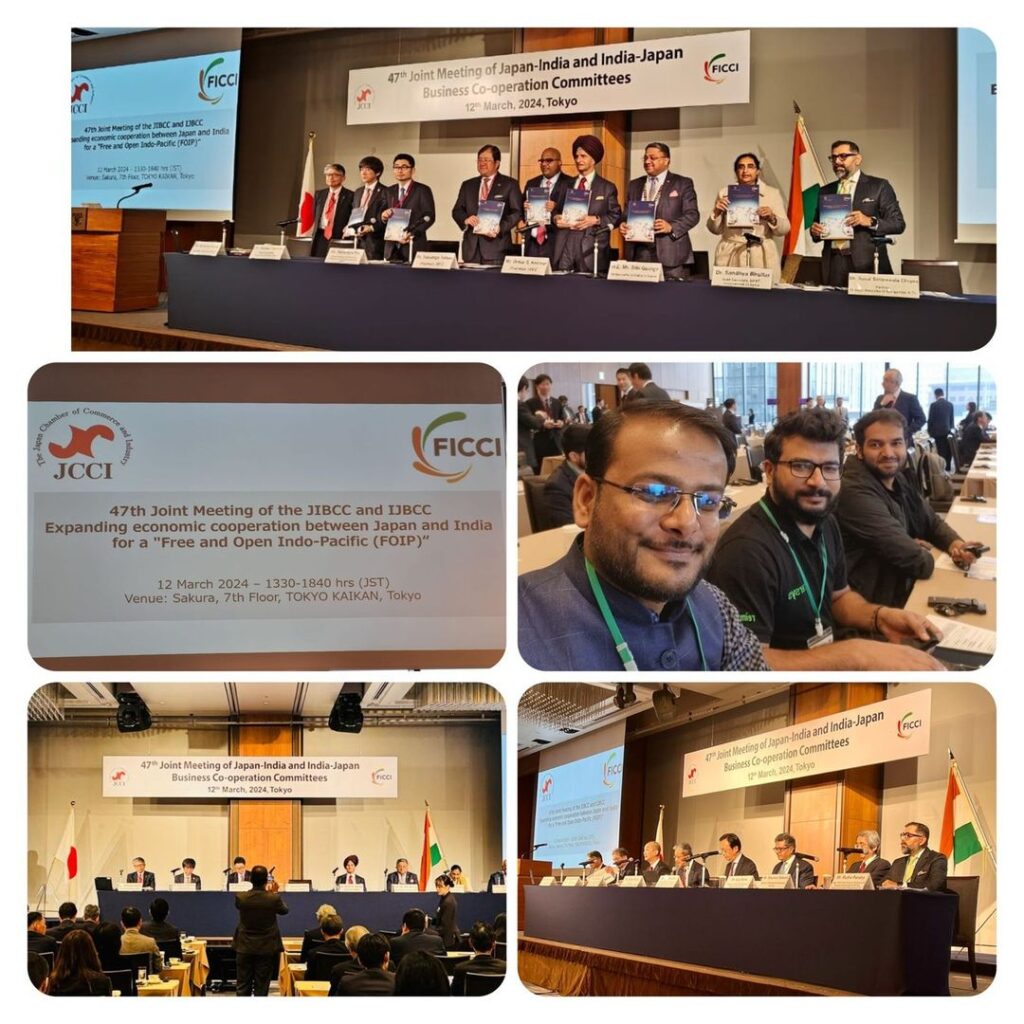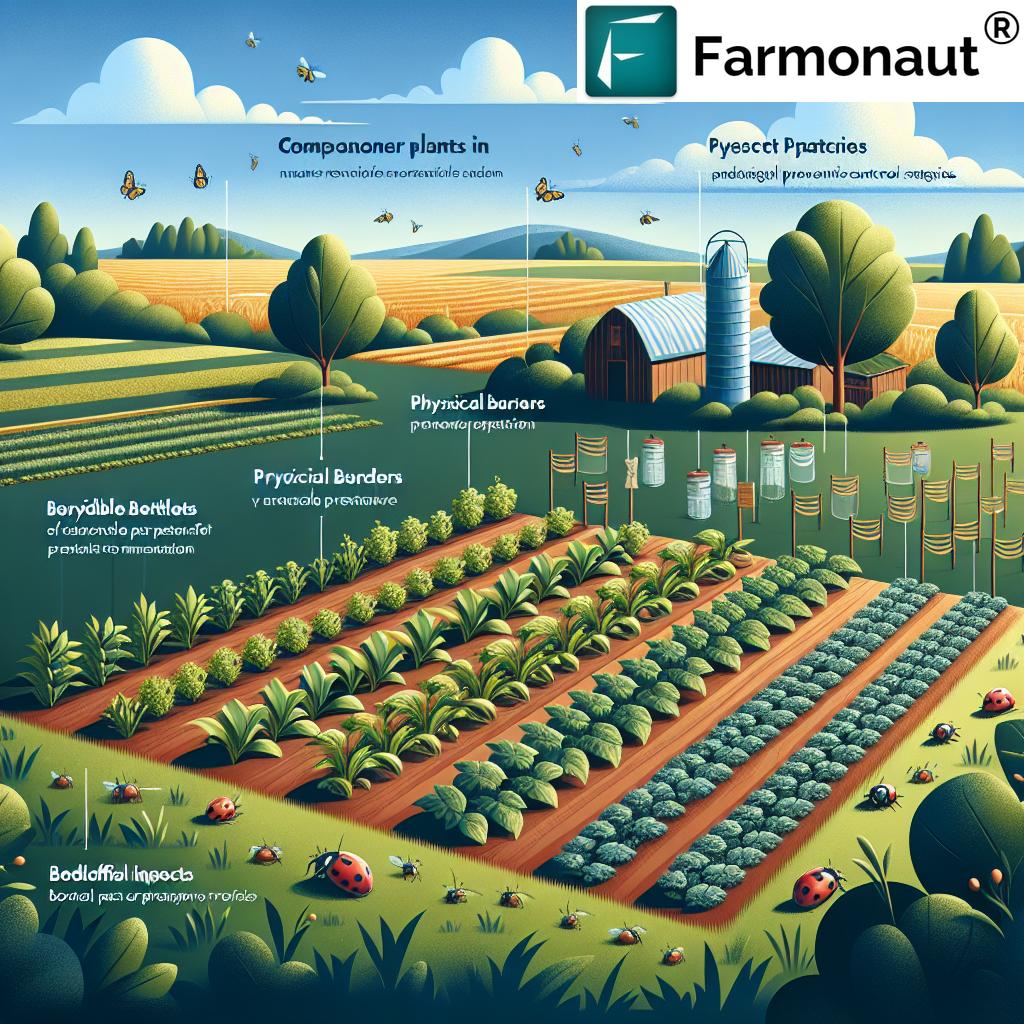Revolutionizing Wastewater Treatment: Innovative Technology Transforms Biosolids Management in Orange County
“Orange County’s new AirSCWO system can process millions of gallons of wastewater daily, revolutionizing biosolids management.”
In the realm of wastewater treatment technology and innovative waste management solutions, a groundbreaking partnership is set to redefine the landscape of organic waste destruction and biosolids management. This transformative collaboration between 374Water Inc. and the Orange County Sanitation District (OC San) marks a significant milestone in the pursuit of advanced wastewater solutions and sustainable resource recovery options. As we delve into this exciting development, we’ll explore how cutting-edge technology is addressing the challenges of processing millions of gallons of wastewater daily while paving the way for a more sustainable future in waste management.
The Challenge: Managing Massive Wastewater Volumes
Orange County, California, faces a monumental task in managing its wastewater. OC San processes over 180 million gallons of wastewater daily, serving a population of more than 2.6 million people. This massive volume presents significant challenges in terms of treatment, resource recovery, and environmental impact. Currently, the district produces over 525 wet tons of Class B biosolids every day, which are transported to sites in California and Arizona for agricultural reuse.
While this approach has been functional, it comes with its own set of challenges, including transportation costs, environmental concerns, and the need for continuous offsite management. The quest for more efficient, sustainable, and localized solutions has led OC San to explore innovative technologies that can revolutionize their wastewater treatment processes.
Enter AirSCWO: A Game-Changing Technology
At the heart of this transformative partnership is the AirSCWO technology developed by 374Water Inc. This groundbreaking system offers an advanced approach to biosolids destruction that could potentially eliminate the need for offsite biosolids reuse. The AirSCWO technology represents a significant leap forward in wastewater treatment and organic waste management, promising to address many of the challenges faced by municipal and industrial sectors.

How AirSCWO Works
The AirSCWO (Air Supercritical Water Oxidation) system is an innovative technology that uses the unique properties of supercritical water to break down organic waste. At high temperatures and pressures, water becomes a powerful solvent and oxidation medium, capable of destroying a wide range of organic compounds efficiently and cleanly. This process results in the complete mineralization of organic waste, producing safe, dischargeable water streams, inert mineral effluents, and recoverable heat energy.
Key benefits of the AirSCWO system include:
- Efficient destruction of organic waste
- Significant reduction in biosolids volume
- Production of clean, reusable water
- Recovery of valuable minerals and heat energy
- Minimal environmental impact
The Partnership: 374Water and OC San
The collaboration between 374Water Inc. and the Orange County Sanitation District represents a significant step forward in the adoption of advanced wastewater solutions. This partnership aims to deploy the AirSCWO technology at OC San’s Plant No. 1, with a phased implementation plan that will see the technology tested, refined, and potentially scaled up to handle a significant portion of the district’s biosolids management needs.
Phased Implementation Plan
- Initial Deployment: Installation of the AirSCWO 6 system
- Testing and Optimization: Six-month period of system operations managed by 374Water engineers
- Training and Transition: Training of OC San staff to operate the system
- Evaluation: Assessment of results after one year of operations
- Potential Expansion: Consideration of upgrading to larger AirSCWO systems
“The phased implementation plan for advanced wastewater treatment technology in Orange County spans from initial testing to full-scale operations.”
Projected Impact and Future Possibilities
The deployment of the AirSCWO system at OC San’s Plant No. 1 is expected to have a significant impact on the district’s wastewater treatment capabilities and biosolids management practices. If successful, this innovative technology could transform how OC San handles its organic waste, potentially eliminating the need for offsite biosolids reuse entirely.
Looking ahead, OC San envisions the possibility of installing up to five AirSCWO 200 systems at its Huntington Beach facility. These larger systems, each capable of processing 200 wet tons of biosolids per day, would mark a significant step in the district’s long-term waste management strategy. This ambitious plan underscores OC San’s commitment to embracing innovative and sustainable resource practices, setting a new standard for wastewater treatment facilities across the nation.
Environmental and Economic Benefits
The adoption of AirSCWO technology by OC San is expected to yield substantial environmental and economic benefits:
- Reduced Carbon Footprint: By eliminating the need for long-distance transportation of biosolids, the district can significantly reduce its carbon emissions.
- Energy Recovery: The AirSCWO process generates recoverable heat energy, which can be used to offset operational energy costs.
- Water Conservation: The system produces clean, reusable water, contributing to water conservation efforts in drought-prone California.
- Cost Savings: Elimination of transportation and offsite management costs for biosolids could result in significant long-term savings for the district.
- Resource Recovery: The process allows for the recovery of valuable minerals from waste streams, potentially creating new revenue streams.

Comparative Analysis of Wastewater Treatment Technologies
| Treatment Method | Daily Processing Capacity | Biosolids Management | Environmental Impact | Operational Efficiency |
|---|---|---|---|---|
| Activated Sludge | 100-200 million gallons | Generates significant biosolids | Moderate energy use, potential odor issues | Moderate |
| Anaerobic Digestion | 50-100 million gallons | Reduces biosolids volume by 30-50% | Produces biogas, potential methane emissions | Good |
| AirSCWO System | 180+ million gallons | Near-complete biosolids elimination | Low emissions, energy recovery | Excellent |
Implications for the Wastewater Treatment Industry
The implementation of AirSCWO technology at OC San could have far-reaching implications for the wastewater treatment industry as a whole. This project serves as a proof of concept for the viability of advanced oxidation technologies in large-scale municipal applications. If successful, it could spark a wave of innovation and adoption of similar technologies across the country and around the world.
Key industry implications include:
- Technological Advancement: Pushing the boundaries of what’s possible in wastewater treatment and organic waste destruction.
- Regulatory Compliance: Meeting and exceeding increasingly stringent environmental regulations.
- Operational Efficiency: Setting new standards for operational efficiency in wastewater treatment plants.
- Sustainability Leadership: Demonstrating how wastewater treatment facilities can become leaders in sustainability and resource recovery.
Challenges and Considerations
While the potential benefits of the AirSCWO technology are significant, it’s important to acknowledge the challenges and considerations associated with its implementation:
- Initial Investment: The upfront costs of implementing new technology can be substantial.
- Operational Learning Curve: Staff will need comprehensive training to operate and maintain the new system effectively.
- Regulatory Approval: Ensuring compliance with all relevant environmental regulations and obtaining necessary permits.
- Public Perception: Educating the community about the benefits and safety of the new technology.
- System Scalability: Assessing the feasibility of scaling up the technology to meet the full needs of the district.
The Role of Innovation in Addressing Global Water Challenges
The partnership between 374Water and OC San exemplifies the critical role that innovation plays in addressing global water challenges. As populations grow and climate change intensifies, the need for efficient, sustainable water treatment solutions becomes ever more pressing. Advanced technologies like AirSCWO represent a new frontier in our ability to manage water resources responsibly and sustainably.
Some key areas where innovation is driving progress in water management include:
- Resource Recovery: Transforming waste streams into valuable resources.
- Energy Efficiency: Developing processes that reduce the energy intensity of water treatment.
- Water Reuse: Advancing technologies that enable safe and efficient water recycling.
- Smart Systems: Implementing AI and IoT solutions for optimized plant operations.
- Decentralized Solutions: Creating scalable technologies for smaller communities and industrial applications.
The Future of Wastewater Treatment
As we look to the future, the wastewater treatment industry is poised for significant transformation. The adoption of technologies like AirSCWO represents just the beginning of a new era in waste management and resource recovery. We can expect to see continued innovation in areas such as:
- Nanotechnology: For more efficient filtration and contaminant removal.
- Bioremediation: Using microorganisms to break down pollutants.
- Advanced Oxidation Processes: Further refinement of technologies like AirSCWO.
- Membrane Technology: Development of more efficient and durable membrane systems.
- Digital Twins: Using virtual models to optimize plant operations and predict maintenance needs.
Conclusion: A New Era in Wastewater Management
The partnership between 374Water and the Orange County Sanitation District marks the beginning of a new era in wastewater management. By embracing innovative technologies like AirSCWO, municipalities and industries can transform their approach to waste treatment, moving from a model of disposal to one of resource recovery and environmental stewardship.
As this project progresses, it will undoubtedly provide valuable insights and lessons for the broader wastewater treatment industry. The success of this initiative could pave the way for widespread adoption of advanced oxidation technologies, helping to address global water challenges and move us closer to a more sustainable and circular approach to resource management.
The future of wastewater treatment is bright, with technologies like AirSCWO leading the way towards more efficient, sustainable, and environmentally friendly solutions. As we continue to innovate and push the boundaries of what’s possible in waste management, we can look forward to a future where wastewater is no longer seen as a burden, but as a valuable resource to be harnessed and utilized for the benefit of our communities and our planet.
FAQ Section
Q: What is AirSCWO technology?
A: AirSCWO (Air Supercritical Water Oxidation) is an advanced wastewater treatment technology that uses the properties of supercritical water to break down organic waste efficiently and cleanly.
Q: How does AirSCWO compare to traditional wastewater treatment methods?
A: AirSCWO offers near-complete biosolids elimination, lower emissions, and energy recovery, making it more efficient and environmentally friendly than traditional methods like activated sludge or anaerobic digestion.
Q: What are the main benefits of implementing AirSCWO technology?
A: The main benefits include reduced biosolids volume, lower carbon footprint, energy recovery, water conservation, and potential cost savings from eliminating offsite biosolids management.
Q: How will the implementation of AirSCWO technology impact Orange County’s wastewater management?
A: If successful, it could eliminate the need for offsite biosolids reuse, significantly reduce transportation costs and emissions, and improve overall operational efficiency of the wastewater treatment process.
Q: What challenges might be faced in implementing this new technology?
A: Challenges may include high initial investment costs, staff training requirements, regulatory approvals, and the need to educate the public about the new technology.
As we continue to innovate in the field of wastewater treatment, it’s crucial to consider the broader implications for agriculture and land management. In this context, technologies like those offered by Farmonaut play a significant role in optimizing resource use and promoting sustainable practices across various industries.
Farmonaut’s satellite-based farm management solutions provide valuable tools for precision agriculture, complementing advancements in wastewater treatment by enabling more efficient use of water resources in farming. To learn more about these innovative agricultural technologies, visit 
For developers interested in integrating satellite and weather data into their own systems, Farmonaut offers comprehensive API solutions. Explore the possibilities at Farmonaut API and refer to the API Developer Docs for detailed information.
Farmonaut’s mobile applications bring precision agriculture to your fingertips:
Earn With Farmonaut: Affiliate Program
Earn 20% recurring commission with Farmonaut’s affiliate program by sharing your promo code and helping farmers save 10%. Onboard 10 Elite farmers monthly to earn a minimum of $148,000 annually—start now and grow your income!
As we’ve explored the revolutionary advancements in wastewater treatment in Orange County, it’s clear that innovation in resource management extends across multiple sectors. Farmonaut’s technologies complement these efforts by promoting efficient land use and water management in agriculture. Together, these advancements paint a picture of a more sustainable and resource-efficient future.
The integration of advanced technologies in both wastewater treatment and agriculture underscores the interconnected nature of our environmental challenges and solutions. As we continue to innovate in these areas, we move closer to a future where resource management is both efficient and sustainable, benefiting communities and ecosystems alike.
In conclusion, the groundbreaking wastewater treatment technology being implemented in Orange County represents just one facet of the ongoing revolution in resource management. As we look to the future, the integration of technologies like AirSCWO in wastewater treatment and Farmonaut’s solutions in agriculture will play crucial roles in building a more sustainable and efficient world.
The journey towards more sustainable resource management is ongoing, and it requires innovation across multiple sectors. From wastewater treatment to precision agriculture, each advancement brings us closer to a future where we can meet the needs of growing populations while preserving our precious environmental resources.




















